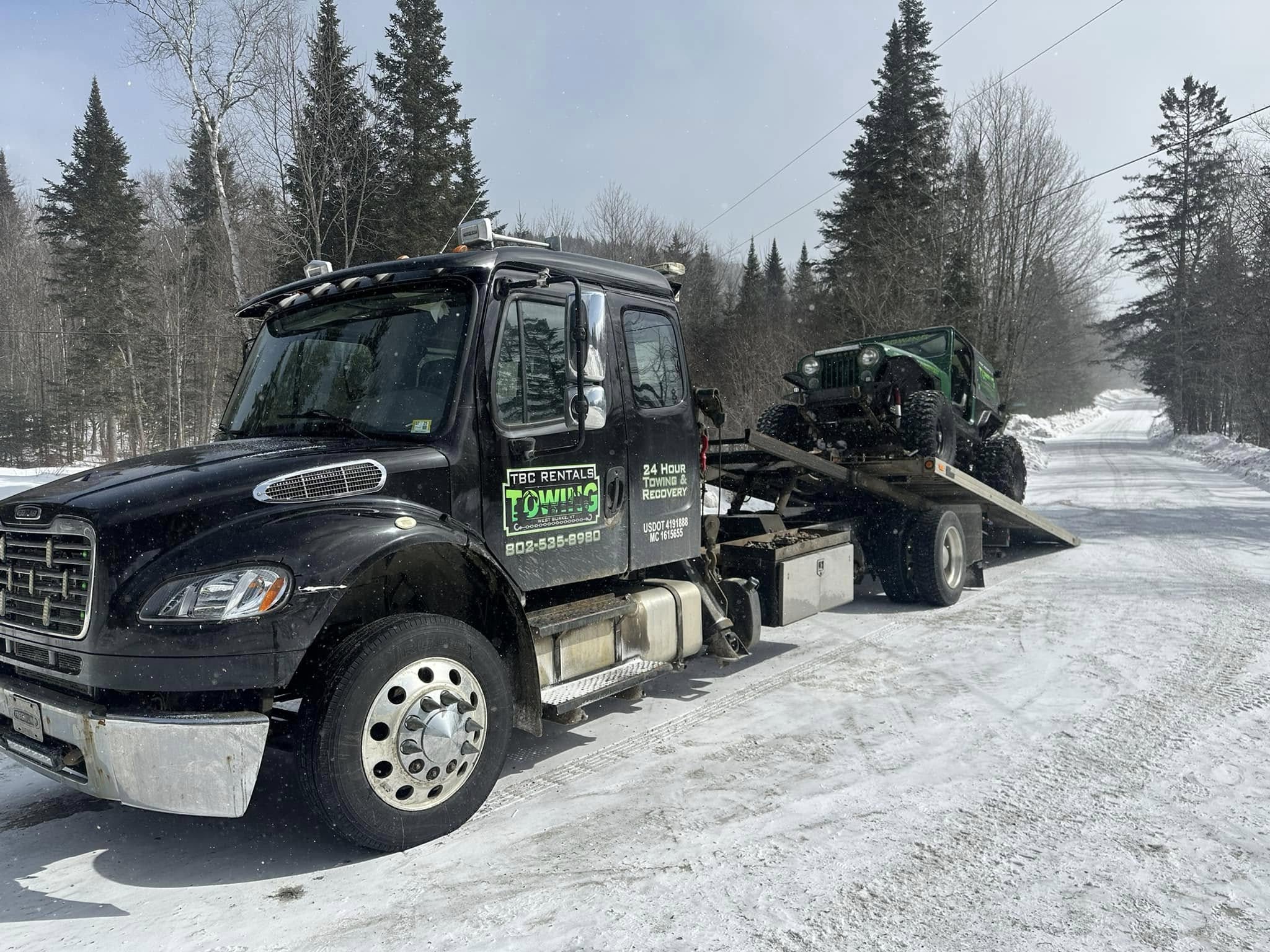
Navigating the Challenges of Heavy Equipment Transportation Nov 02, 2025
The first step in successful heavy equipment transportation is thorough planning. Proper planning involves understanding the specific requirements of the equipment you need to transport. This includes knowing the dimensions, weight, and any unusual characteristics that might affect the loading or unloading process. It’s crucial to assess whether a standard transportation method will suffice or if specialized equipment is necessary. Correspondingly, obtaining the appropriate permits is a part of this planning phase, as overweight or oversize loads often require special permits and routes to avoid legal troubles and ensure public safety.
Once the logistical details are carved out, choosing the right transportation equipment becomes the next focus. At TBC Towing, we emphasize the importance of selecting suitable trailers and trucks for the task. Depending on the equipment, you may need flatbed trailers, lowboy trailers, or specialized rigs designed to handle specific types of heavy machinery. The choice of vehicle must accommodate the weight and size of the cargo to minimize the risk of damage during transit. Using high-quality securements like chains, straps, and binders is also critical to keep the load stable throughout the journey.
Another vital aspect of heavy equipment transportation is ensuring the safety protocols are strictly followed. This means regular vehicle inspections before embarking on a trip to ensure everything is in working order. Training staff to handle loading and unloading procedures safely and communicating effectively with the team and clients helps prevent accidents and ensure smooth operations. TBC Towing emphasizes safety training as a pivotal part of our commitment to offering reliable transportation services.
Weather conditions can also pose significant challenges during transportation. Heavy equipment moves may be postponed due to poor weather conditions to prevent accidents and equipment damage. The team at TBC Towing is trained to monitor and adapt to weather forecasts, adjusting plans when necessary to avoid delays or hazards.
Moreover, maintaining clear communication with all stakeholders involved is essential. This includes with clients, so they are informed of the process and any changes. Effective communication also involves keeping in touch with transport coordinators and drivers to ensure everyone is aware of their roles and responsibilities.
Lastly, post-transport inspections are as critical as pre-transport ones. Once the equipment reaches its destination, it should be carefully inspected to ensure it arrived in the same condition as it left. This is essential for record-keeping and accountability.
In conclusion, heavy equipment transportation requires a blend of strategic planning, the right equipment, stringent safety measures, and effective communication. At TBC Towing, we are dedicated to tackling these challenges with expertise and precision, providing peace of mind to our clients. Navigating these complexities successfully not only enhances operational efficiency but also guarantees that the equipment is safely transported, reinforcing trust and reliability. For businesses looking to ensure seamless heavy equipment transportation, partnering with a knowledgeable and experienced service provider like TBC Towing can make all the difference.
/filters:no_upscale()/filters:format(webp)/media/d1e490d3-b041-4a72-a1c4-9118959fd7ca.jpeg)